Gilas Pilipinas fell to Lebanon, 85-81, in the most recent FIBA World Cup Asian Qualifiers earlier this week despite having the services of 2021 NBA Sixth Man of the Year Jordan Clarkson.
Lebanon’s star guard Wael Arkaji commented after the game that their team was beating opponents with “triple, quadruple budget than ours” which was clearly in reference to the Philippine team that they had just beat.
Arkaji, who made an appearance on the Dallas Mavericks’ 2019 NBA Summer League roster, led his team past Gilas with 24 points, two rebounds, and three assists. Last July, he was named the Most Valuable Player of the 2022 FIBA Asia Cup where Lebanon was the runner-up to Australia.
In that same tournament, Gilas had yet another disappointing finish in what has been a tough year for the program. They won only one of their four games and even fell short of head coach Chot Reyes’ meager goal of finishing in the top eight. One of their losses was at the hands of this same Lebanon group who handed them a 95-80 defeat in the group stage.
The Philippine team that suited up for this most recent rematch with Lebanon was quite different, with only four holdovers from the FIBA Asia Cup team, but the result was ultimately just the same.
Unlike in other Gilas’ losses this year though, they showed encouraging signs and potential green shoots of a turnaround.
Clarkson’s presence was a highlight for both sides as the only player with any NBA credentials on either team. He scored a game-high 27 points along with six rebounds and seven assists. More importantly, he looked fully engaged all throughout the contest and even engaged in banter with the hostile Lebanon home crowd.

The Utah Jazz guard gave encouraging comments after the match as well as he cheered the team’s showing while giving special praise to his younger teammates Dwight Ramos and Kai Sotto. Clarkson showing these intangibles and embracing his role as the team’s leader is crucial. The gravitas that comes with being one of the rare NBA veterans suiting up for an Asian national team gives him unparalleled influence and this team will more likely than not take its cues from him.
As cited by Clarkson, Ramos and Sotto were bright spots as well. Ramos played with his typical poise and finished with 18 points, 10 rebounds, two assists, and a spectacular six steals. The 23-year-old has slowly emerged as one of the best two-way players in the continent with his consistent strong showings during these past few months. He has a fundamentally sound game and fits seamlessly in practically any line-up which makes him invaluable to this team.
Meanwhile, the 7’2 Sotto added 10 points, eight rebounds, and two blocks. Although he was challenged due to his lithe build, the 20-year-old did not back down and was an effective interior presence for the Philippines. His frame should only fill out as he grows older and continued exposure abroad will only help him get better.
It is essential that Gilas carefully manages its relationship with the promising tandem of Ramos and Sotto moving forward. Aside from their obvious talent and potential, having these two young prospects who are free from the clutches of the PBA’s politics and unforgiving schedule should help establish a rare continuity for the team. They are more likely than not to be readily available for any major FIBA tournaments unlike PBA players who are duty bound to their mother teams.
Beyond the strong individual performances of Clarkson, Ramos, and Sotto versus Lebanon, Gilas also showed a more modern motion-oriented offense. In their recent appearances, they have slowly deviated from the highly criticized dribble drive offense of Reyes and the move is beginning to bear fruit. Establishing these kinds of nuanced systems takes time and familiarity which is something that this team will have to prioritize after decades of overlooking its importance.
Lebanon’s team is a proof of concept for this as they have clearly benefited from several years of playing with one another. Their lack of budget may have been a blessing in disguise as it has focused resources and driven them to make the most of what they have–the opposite of the Philippine team.
The fact that this hastily assembled Gilas unit only lost by four to a tried and tested Lebanon group is cautiously encouraging. The talent is clearly there and a higher ceiling can be unlocked if time is invested in developing the intangibles.
The hope is that they get to build on this momentum in the coming months with more experience together as they ramp up their preparations for the 2022 FIBA World Cup. Though it seems simple, this is already a big ask from the leaders of the Samahang Basketbol ng Pilipinas.
There are still many things to be desired from the way that the Philippine team has been handled in recent years, but there were at least some positive takeaways from this Lebanon loss. It will be interesting to see if they can use this as the foundation for a legitimate turnaround or if the dream of a competent Gilas program is really just a pipe dream for Filipinos.










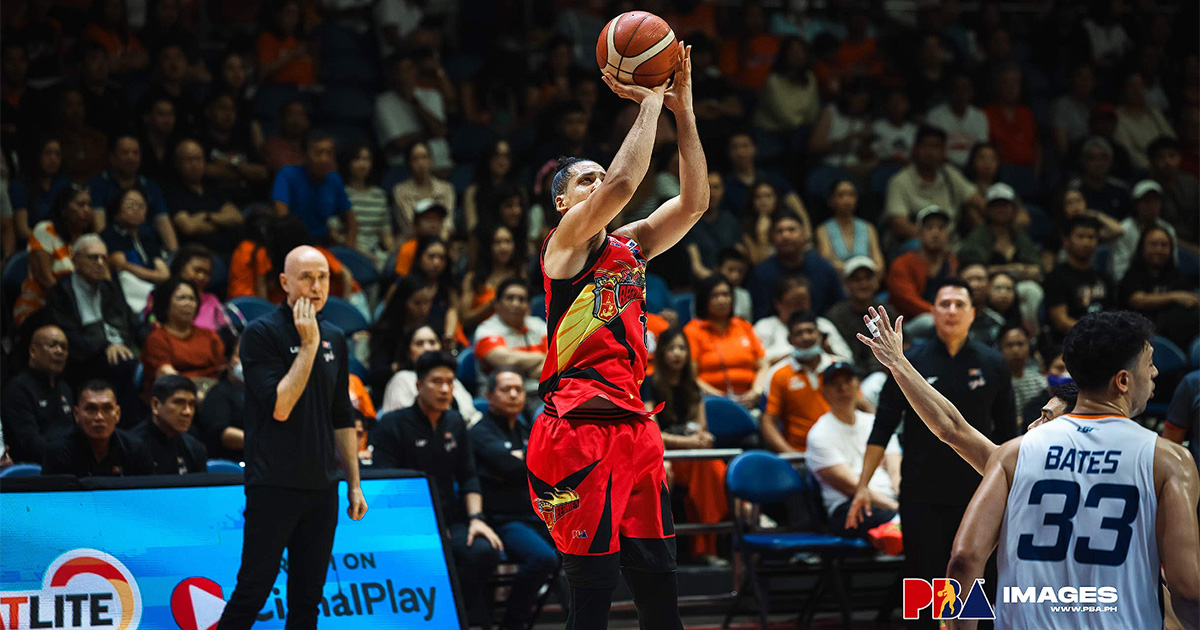
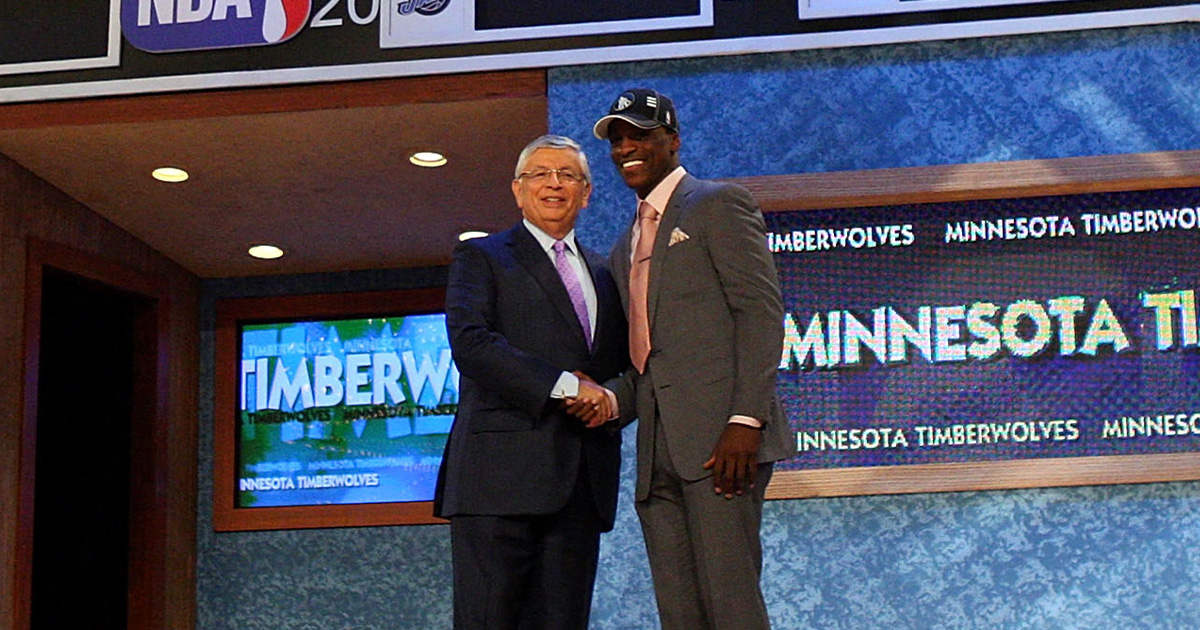
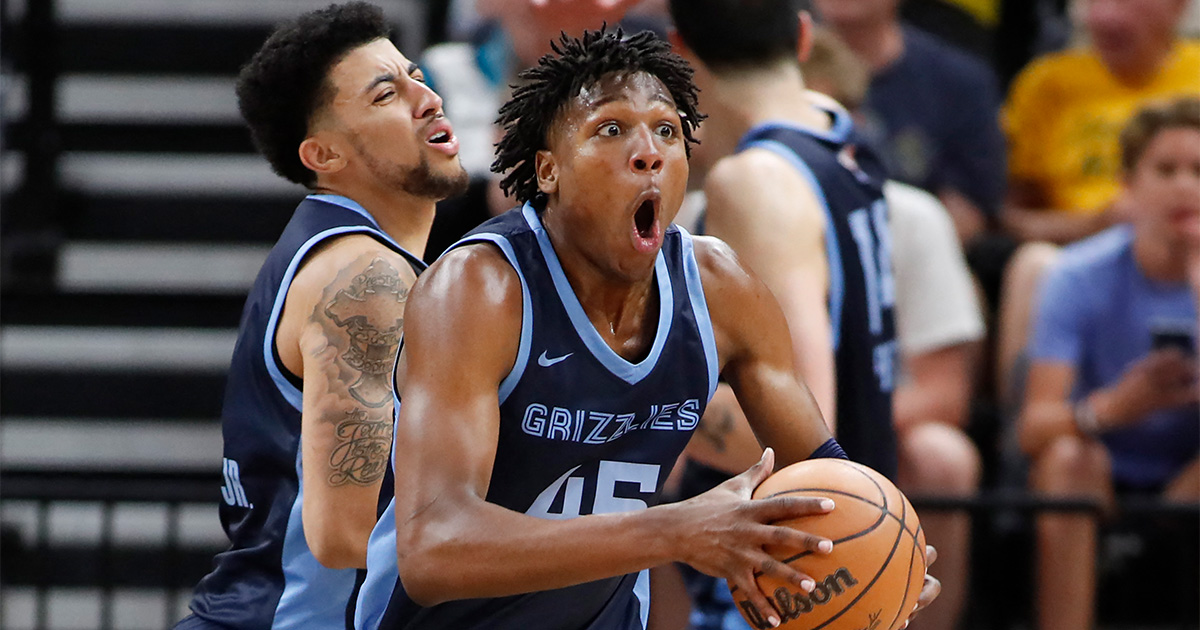
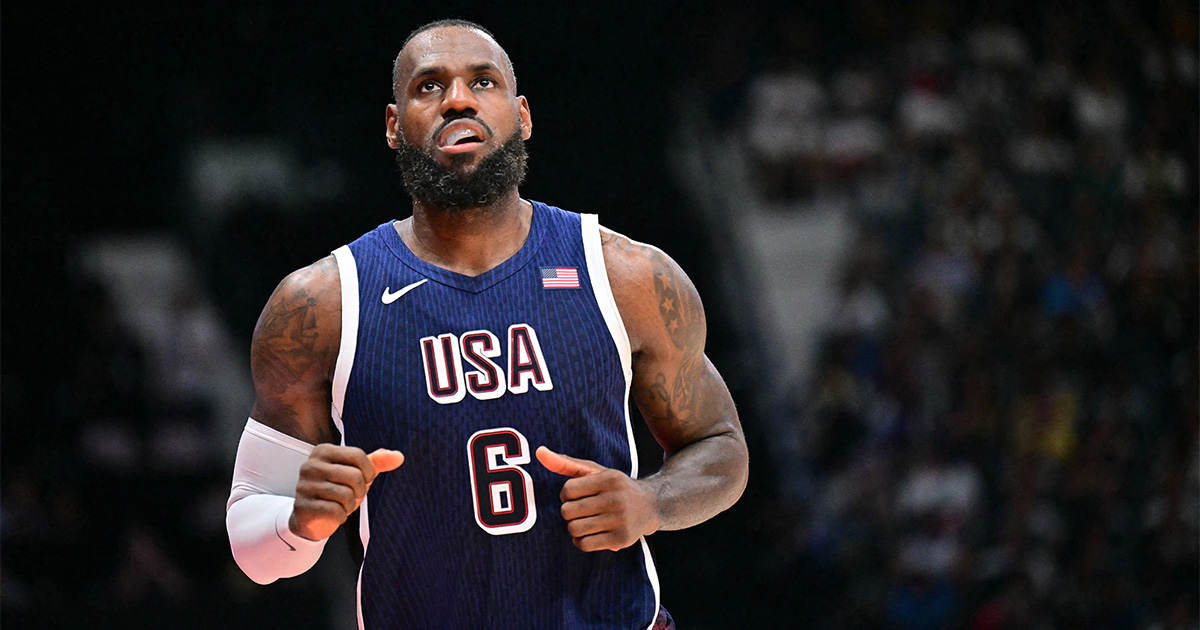
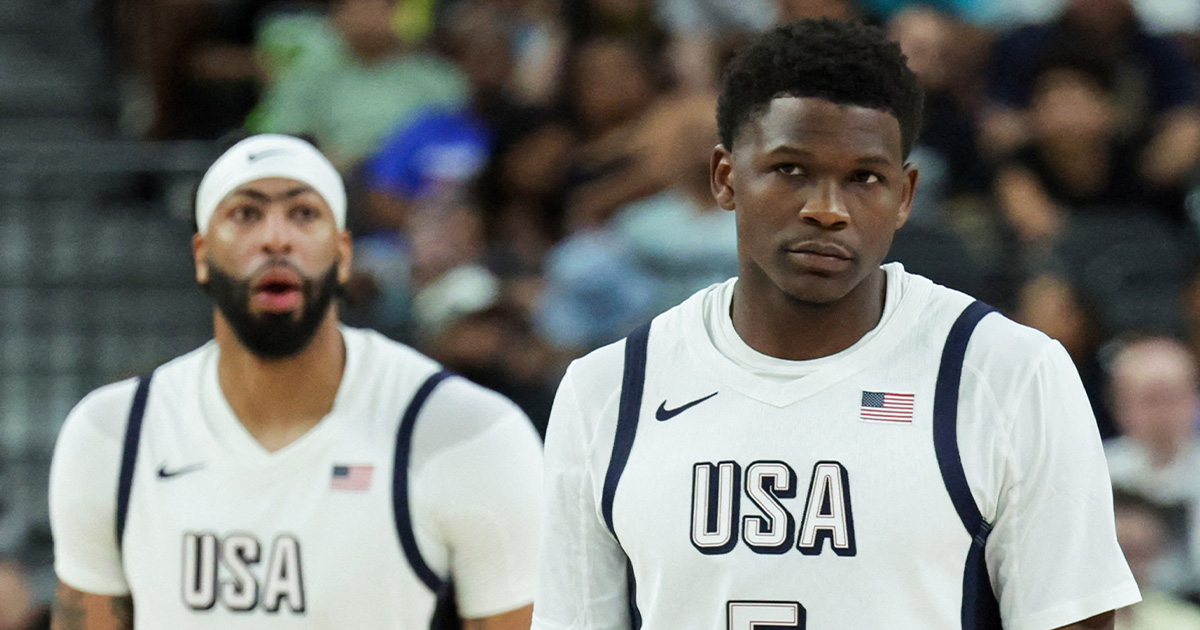
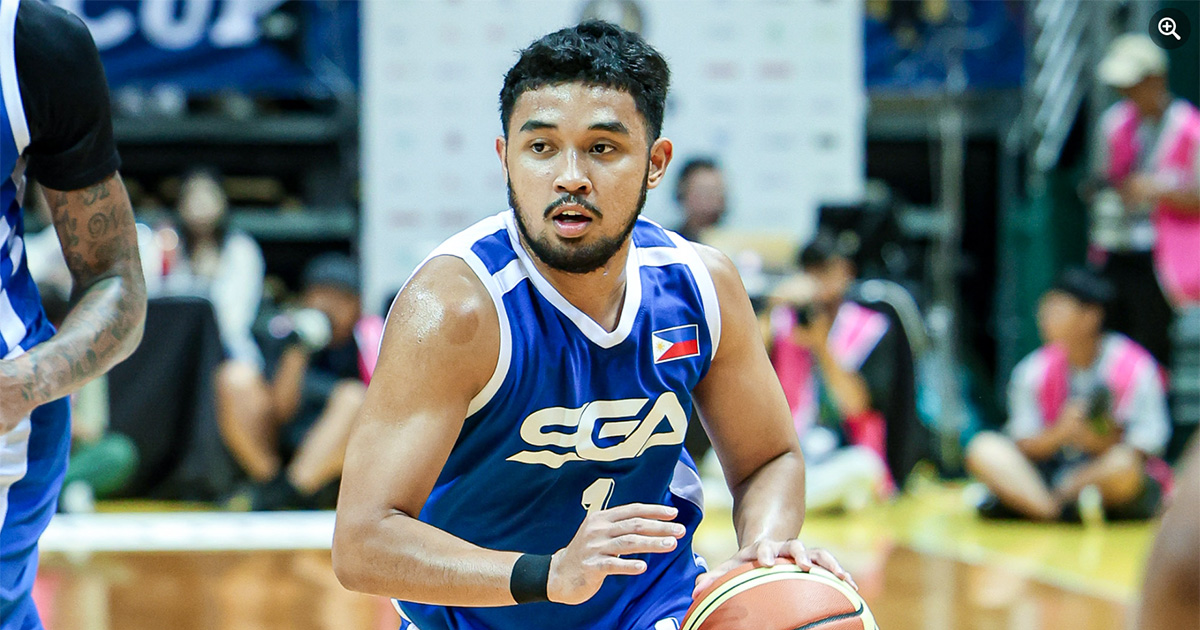
Prihlásení na binance
hava kompresörü
gate io fon şifresi nedir